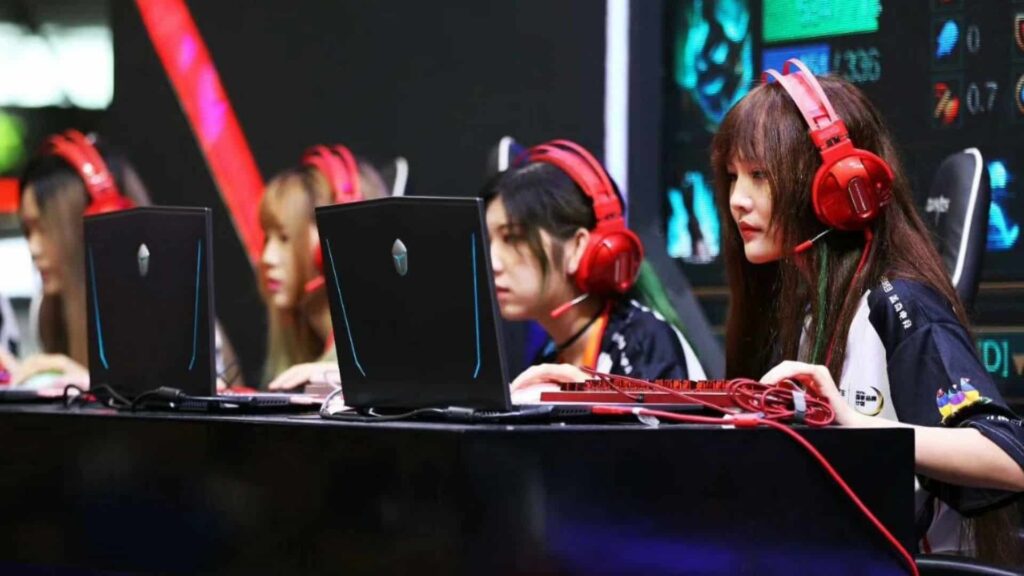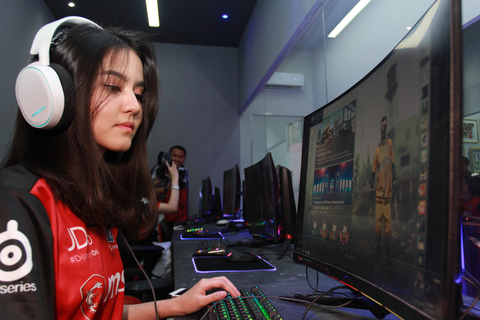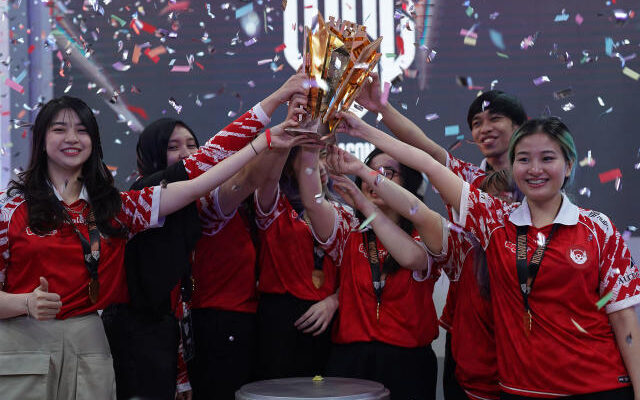In recent years, Indonesia has witnessed a remarkable transformation in the realm of gaming, with eSports evolving from a casual pastime into a legitimate profession for many young enthusiasts. What was once considered merely a hobby has now become a thriving industry, attracting attention from global audiences, sponsors, and investors. The rise of eSports in Indonesia has been nothing short of meteoric, reflecting the growing acceptance and recognition of competitive gaming as a professional career path.

The Early Days: Gaming as a Passion
The roots of eSports in Indonesia can be traced back to the early 2000s, when internet cafes, known locally as warnet, became the hub for gamers. These establishments were often filled with young players competing in popular titles like Counter-Strike, Dota, and StarCraft. For many, gaming was a way to escape the pressures of daily life, offering a space to socialize and indulge in their favorite hobby.
During this period, competitive gaming was still in its infancy in Indonesia. Tournaments were small and local, often organized by internet cafes or gaming communities. Prizes were modest, and the idea of making a living from gaming seemed like a distant dream. However, these early competitions laid the groundwork for the eSports scene that would later flourish.
The Turning Point: Rise of Mobile Gaming
The true turning point for eSport in Indonesia came with the explosion of mobile gaming. The widespread availability of smartphones and affordable data plans made gaming accessible to millions of Indonesians, regardless of their socioeconomic background. Titles like Mobile Legends: Bang Bang, PUBG Mobile, and Free Fire quickly gained massive popularity, becoming the backbone of Indonesia’s eSports industry.
The shift to mobile gaming democratized eSport, allowing anyone with a smartphone to compete at a high level. This inclusivity sparked a surge in interest, leading to the formation of amateur teams and the organization of larger, more lucrative tournaments. The growing number of players and fans caught the attention of sponsors and investors, who began to see the potential of eSports as a profitable venture.
Professionalization of eSports: From Hobby to Career
As the popularity of eSports grew, so too did the opportunities for players to turn their passion into a profession. Today, Indonesia is home to a number of professional eSports teams, such as RRQ (Rex Regum Qeon), EVOS , and ONIC, who compete in both national and international tournaments. These teams have become household names, and their players are regarded as celebrities, with large followings on social media.
The professionalization of eSport in Indonesia has also led to the development of a structured ecosystem that supports the growth of the industry. This includes the establishment of training facilities, coaching staff, and management teams dedicated to nurturing talent and ensuring the success of their players. Additionally, the creation of leagues and tournaments, such as the Mobile Legends Professional League (MPL) Indonesia, provides a platform for players to showcase their skills and compete for substantial prize money.
Government and Industry Support
Recognizing the potential of eSports, the Indonesian government and private sector have begun to invest in the industry. In 2020, eSports was officially recognized as a sport by the Indonesian Ministry of Youth and Sports, a significant step towards legitimizing the industry. This recognition has paved the way for greater support in terms of funding, infrastructure, and development programs aimed at fostering young talent.
Private companies have also played a crucial role in the growth of eSports in Indonesia. Telecom providers, tech companies, and consumer brands have entered the eSport arena, sponsoring teams and events, and creating dedicated platforms for gaming content. This influx of investment has accelerated the growth of the industry, making it one of the fastest-growing sectors in Indonesia’s digital economy.

Challenges and Future Prospects
Despite its rapid growth, the eSports industry in Indonesia faces several challenges. Issues such as the need for better internet infrastructure, the stigma associated with gaming as a career, and the mental and physical well-being of players are areas that require attention. Moreover, ensuring that the industry remains inclusive and accessible to all, regardless of gender or background, is crucial for its continued success.
However, the future of eSports in Indonesia looks promising. With a young, tech-savvy population and a growing number of opportunities for players, the industry is poised to continue its upward trajectory. The inclusion in the Southeast Asian Games and the Asian Games has further solidified its status as a legitimate sport, providing Indonesian athletes with the chance to compete on the world stage.
Conclusion
The journey of eSports in Indonesia from a casual hobby to a professional career is a testament to the passion and dedication of its players and the supportive ecosystem that has emerged around them. As continues to gain momentum, it is not only reshaping the gaming landscape but also creating new opportunities for young Indonesians to turn their dreams into reality. The rise of eSports in Indonesia is a powerful example of how technology and innovation can transform industries and create new pathways for success.
